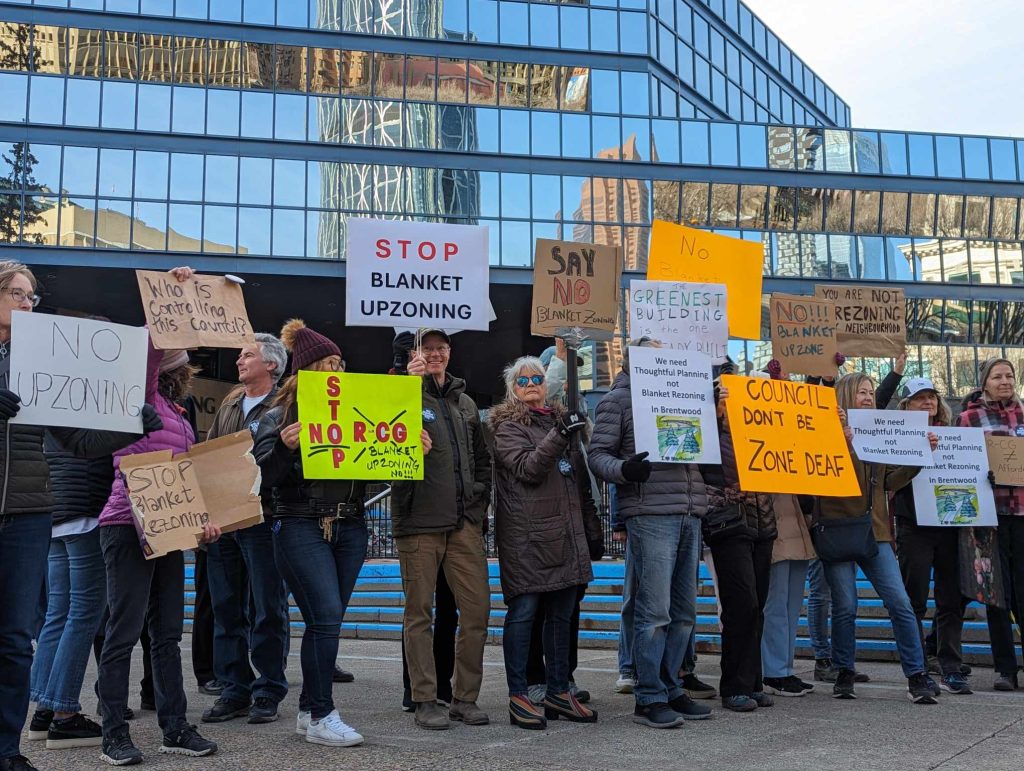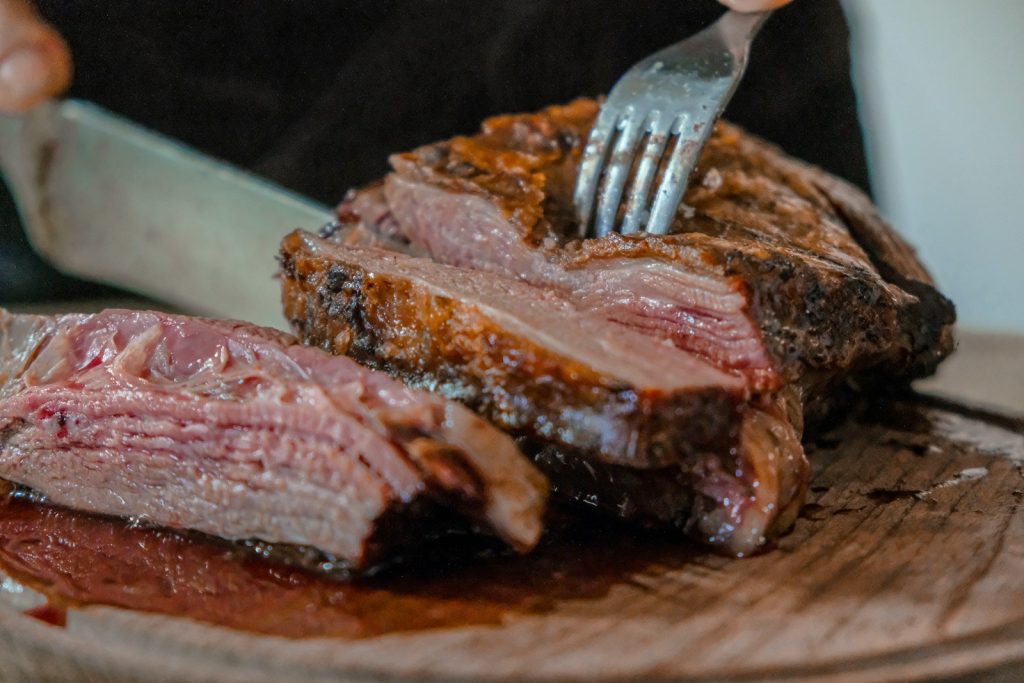Will wildfires burning in B.C.’s wine country make grapes taste smoky?
Posted Aug 17, 2021 8:08 pm.
KELOWNA (NEWS 1130) — A smoky flavour is something savoured by whiskey sippers, but it’s not something most wine drinkers want.
Visits to vineyards are discouraged as wildfires burn throughout some of B.C.’s most popular wine-producing regions. There are also some concerns pervasive smoke will spoil grapes and cause another setback for vintners. An expert explains one of the key things to understand about the science of “smoke taint” is that by the time it’s identified, it’s too late to salvage the wine.
Wesley Zandberg, professor of chemistry at UBC Okanagan, leads a team that is working on stopping smoky, ashy notes from seeping into wine so vintners don’t have to throw away entire batches.
“Worst case scenario, what can happen is that the aroma of the smoke that compounds the molecules responsible for that aroma are absorbed into grape berries as they’re ripening. What it smells like or tastes like is intense ashy aromas that sometimes leave your throat feeling hot,” he says.
“The real risk of smoke taint is producing a ruined wine, but the problem is you don’t know that the wine is going to be ruined until after you’ve invested time and money and resources into actually collecting the grapes and fermenting them.”
RELATED: Interior wineries asking visitors to stay away from the region due to wildfires
Unlike the smell that clings to clothing and hair after sitting near a campfire, grapes produce enzymes that mask the smell. The fermenting process then releases the odour into the wine, and the bacteria released in the mouth means the more one sips, the worse the wine tastes.
“Smoke-exposed grapes taste and smell normal,” Zandberg says.
“The human perception of smell is very complicated. Really it’s a subjective thing. You have to make the wine and smell it or taste it before we can definitively say that the wine is tainted.”
Currently, the only option is to toss a tainted batch. That’s why Zandberg and other scientists are trying to find ways to prevent or eliminate the smoky flavour.
“The industry makes its money selling products that taste good, they’re not going to go and produce a slightly tainted wine and then say, ‘Oh well, maybe we can fool consumers.’ They’re not going to do that, they’re just going to quietly destroy the crop and absorb the financial loss. That said, of course, you’re not going to have a viable business if this phenomenon persists,” he says.
“What I am doing, what I’m working as much as I can with people in the industry to do, is come up with effective ways at blocking this.”
RELATED: Smoke expected to return to Lower Mainland as wildfires continue to burn in B.C. Interior
Some options include treating the grapes with a protective coating, using reverse osmosis to treat the wine, and trying to identify types of yeast that produce aromas that will counter or cover the sooty smell. Finding a way of testing the fruit and predict whether it will produce tainted wine could also be useful, Zandberg notes.
While Zandberg says it’s far too soon to tell what effect this season’s devastating fires will have on crops and the industry, he does think it’s an issue that will be facing wine producers for the foreseeable future.
“I don’t think fires are going away anytime soon. I do think that we may at some point, assess how we as a province deal with fires and maybe prevent fires actually from happening. But that might be a conversation for other people to have.”










